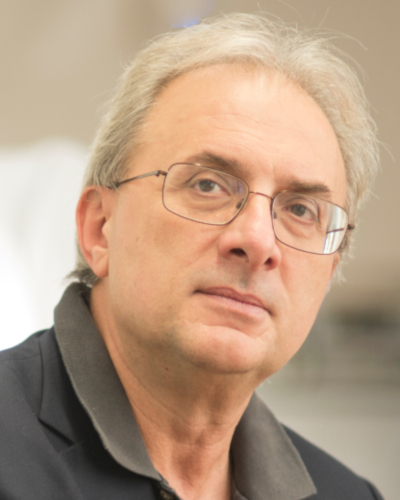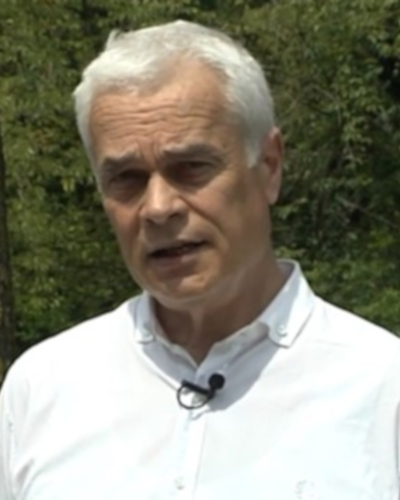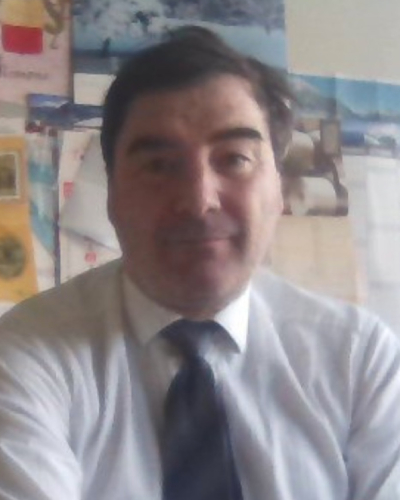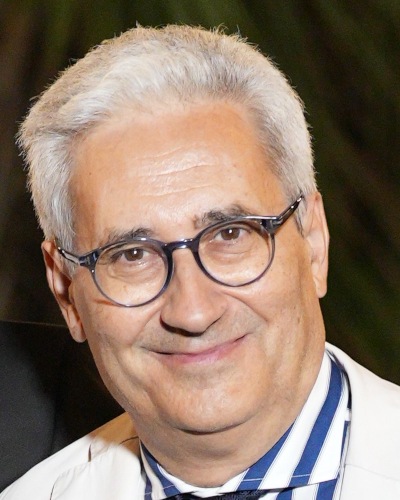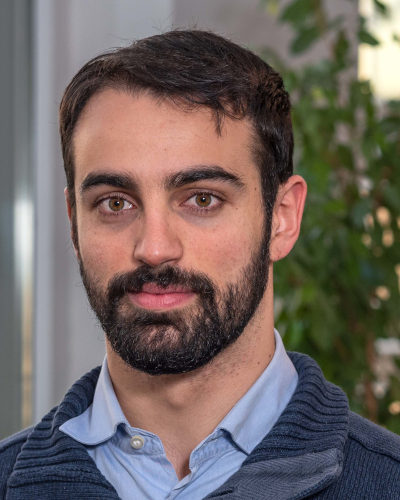SPECIAL SESSION #20
Metrology to support smart agricultural specialisations for monitoring and controlling pollutants in production environments
ORGANIZED BY
Fabrizio Mazzetto
Free University of Bozen-Bolzano, Italy
Luigi Sartori
University of Padova, Italy
Rino Gubiani
University of Udine, Italy
Simone Pascuzzi
University of Bari Aldo Moro, Italy
Lorenzo Becce
Free University of Bozen-Bolzano, Italy
ABSTRACT
Several agricultural activities - rightly or wrongly - are today highly criticised for the negative effects they induce in production environments, due to the release of pollutants or chemical elements that contribute to altering the balance of natural habitats, with negative effects on the climate and the health of ecosystems and primary production.
Frequently, attention to these problems is focused on phytosanitary treatments and related drift phenomena. However, the emergence of climate change has also shifted attention to other production sectors, such as cattle breeding, which is often blamed not only for the polluting potential of the manure produced, but also for the production of CO2 by the animals themselves.
Pollution phenomena of agricultural origin are usually extremely difficult to monitor and quantify, due to the complexity of the mechanisms or biological systems that produce them. Metrology - at various levels - can improve our understanding of these phenomena while providing technological indications for their mitigation. In addition, it can support the certification of involved technologies, in controlled environments and standard operating conditions, toward a conscious selection for the processes.
Ultimately, this is the typical application area in which metrological approaches can adequately contribute to the development of alternative measurement methods, varying according to the production systems to be monitored. This, of course, always taking into account the purposes of the decision-making problems that such measurements can support in the context of farm management.
The actuality of these issues is also one of the main objectives set by the Agritech Foundation, within the framework of the PNRR funds (Next Generation EU) providing the creation of specific National Centres.
TOPICS
We welcome contributions on, but not limited to, the following aspects:
- Efficiency and homogeneity measures of sprayers´ distribution;
- Studies and measurements of drift phenomena; fluid-dynamic models for the aerosols dispersion in the atmosphere or watercourses contamination;
- Comparative testing of sprayers and/or nozzles, use of conventional and/or innovative intercepting systems;
- Measurement systems for comparisons between field tests and controlled environment tests;
- Studies on the fate and pollution risks of chemical and organic fertiliser in the atmosphere and soil;
- Factors influencing greenhouse gas production on ruminant farms;
- Monitoring and control systems for pollutant loads related to livestock activities and animal wastes management;
- Incremental or radical technological innovations in the various sectors (intelligent sprayers, physical treatments instead of chemical ones etc.);
- Machine/process certification issues and regulations in the various sectors.
ABOUT THE ORGANIZERS
Prof. Fabrizio Mazzetto, MSc in Agricultural Sciences (1983) and PhD in Agricultural Engineering (1990), both at University of Milan (Italy). Now Full Professor of Farm Machinery and Mechanization at the Free University of Bolzano. His main research topics are related to: a) development of new prototypes for mountain contexts; b) ICT application to supply information management tasks of farm and forestry processes; c) development of precision agriculture and forestry techniques, d) rural energy applications. Past FAO-UNDP energy consultant and coordinator of several national/international research projects. Now ordinary member of the “Accademia dei Georgofili” of Florence and Past President of the 7th Section of the Italian Society of Agricultural Engineering, for ICT applications in agriculture. He is responsible of the new Agroforestry Innovation Lab at the NOI-Techpark of Bolzano dealing also with new approaches in the certification issues of farm machinery. At present, he is actively involved as task responsible in the PNRR-Agritech (National Centers – Spoke 4) research program.
Prof. Luigi Sartori, MSc in Agricultural Sciences (1983) fellowship from 1986, Researcher from 1990, Associate Professor from 2000 and full professor from 2018 at Department TESAF of the University of Padova.
His main topics are: conservation and regenerative agriculture; tillage, precision technologies in smart agriculture.
President of the 3rd section of the Italian Association of Agricultural Engineering (AIIA), member of the European Conservation Agricultures Federation (ECAF) and is founding member of the Italian Association for the Soil Agronomical and Conservative Management (A.i.g.a.co.s). He was Director of CIRAP (Interuniversity Center of Precision Agriculture), member of the Working Group for the development of Precision Agriculture at the MIPAAF and President of the School of Agricultural Science and Veterinary Medicine at University of Padova.
At present, he is actively involved as task responsible in the PNRR-Agritech (National Centers – Spoke 4) research program.
Prof. Rino Gubiani, degree in Agricultural Sciences in 1984, fellowship from 1986, researcher from 1991, associate professor from 2007 in Farm Machinery and Mechanization always in Udine University, DI4A Department.
His main research topics are related to: vineyard mechanization; work quality in vineyard sprayers and machines calibration, safety and health in agricultural workplaces; design of plant layout of wineries, biomass production for energy; design on ergonomic and safety workplaces in agricultural machines. He has coordinated several national and international research projects, he is a member of the Italian Society of Agricultural Engineering and Ruralia.
Prof. Simone Pascuzzi, MSc in Mechanical Engineering at the University of Bari, Researcher in 1994. Now full time Associate Professor of Agricultural Mechanics and Mechanization at the Department of Soil, Plant and Food Science of the University of Bari Aldo Moro (Italy). Main research topics: 1) mechanization in precision farming (remote and proximal sensing, controlled traffics farming, UAV and UGV) 2) machinery for pesticide application (foliar deposition, ground losses, worker exposure, nozzle spray quality); worker safety; 3) renewable energy in rural sector (geothermal energy; hybrid power systems with hydrogen use). At present, he is actively involved in the following PNRR research programs: 1) Agritech (National Centers – Spoke 3 “Smart technologies and sustainable strategies for the management of agricultural systems and their environmental impact”); 2) National Centre on HPC, Big Data and Quantum Computing (Spoke 5 - Environment & Natural Disasters).
Ing. Lorenzo Becce, MSc in Aerospace Engineering from Politecnico di Torino in 2020, is now a researcher in Agricultural Mechanisation at the Competence Centre for Plant Health of the Free University of Bozen-Bolzano and a PhD candidate in Advanced Systems Engineering at the same institution. His main research area is advanced metrology for the performance of plant protection equipment and their certification.


